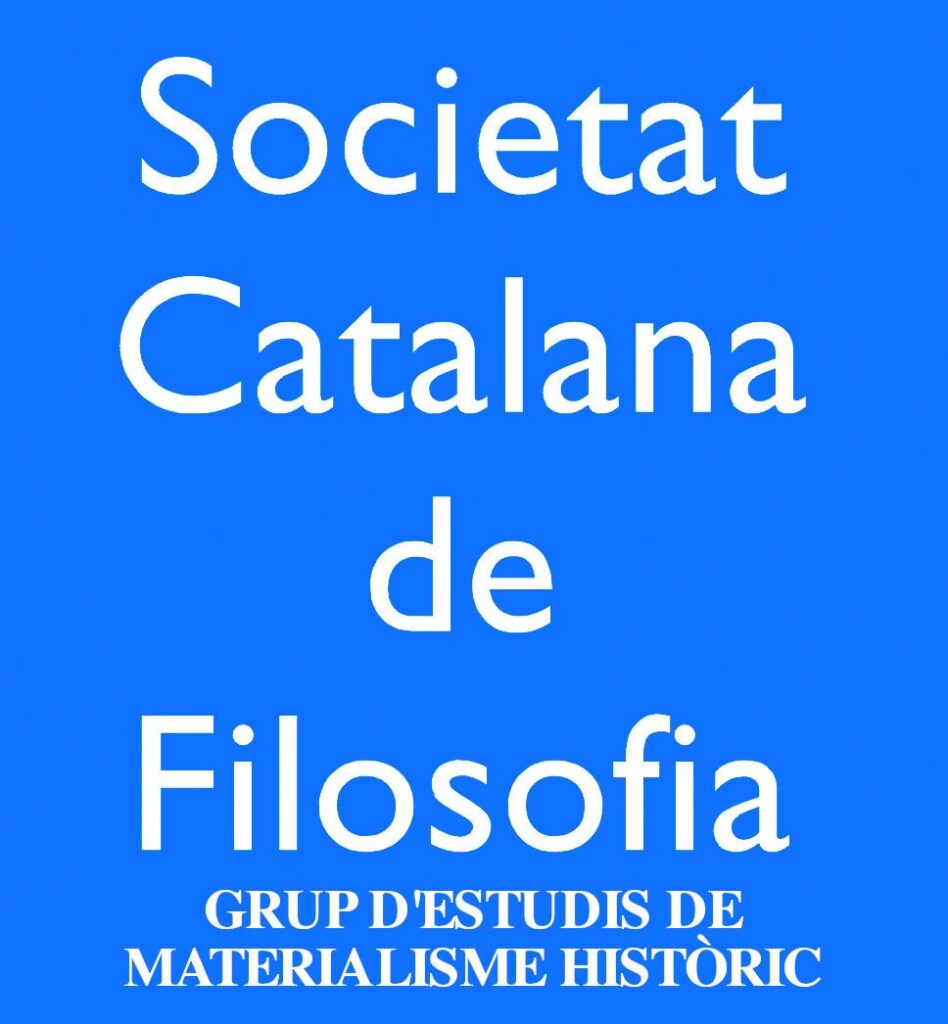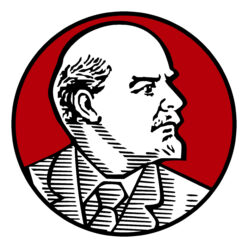REGISTRATIONS ARE OPEN UNTIL JUNE 25TH

On the first centenary of Vladimir I. U. Lenin death (1924-2024), the International Lenin Conference will be held in Barcelona on June 26, 27, 28, 2024., entitled “100 years after Lenin: Self-determination, Technique and Power”. The aim of the conference is to discuss Lenin's writings as a contemporary author, in order to present a critical and up-to-date assessment of his figure and work.
The presentations and symposia accepted by the Scientific Committee will be divided into the following sections: a) Self-determination; b) Technique; c) Power. The three axes around which the conference is structured are intended to cover a wide range of topics related to Lenin's thought, as well as to the debates that derive from them, both within the framework of Marxist Studies and in relation to the history of contemporary political thought.
a) Self-determination
Lenin's account on the right of self-determination is one of his greatest contributions to 20th century political thought. In numerous writings, most notably in "The Right of Nations to Self-Determination" (1914), Lenin laid the political foundations for the emancipation of the colonies from the old European empires, but he also elaborated a proposal that extended to all the nations of the world, including those within Europe. The Leninist position approaches the so-called ‘National Question’ from the perspective of class dynamics and the tactical and strategic role to be played by the worker’s movement in relation to national liberation movements. Moreover, the political consequences of the right to self-determination formulated by Lenin have had an impact far beyond its own context, to the extent that it can be considered a strictly topical question, which proves its relevance in contemporary philosophical and political debate. Lenin is also known for his contribution to the analysis of the global expansion of capitalism, in the phenomenon of imperialism, as set out in his work "Imperialism, the Highest Stage of Capitalism" (1917). Undoubtedly, the Leninist analysis of capitalism consists of an actualisation of the tendencies of monopoly capital accumulation and the role of financial markets that Marx had already glimpsed, thus constituting one of his main contributions to Marxist thought. Its relationship with the right to self-determination is framed in current issues such as the limits of the sovereignty of nation-states, the relations between the global centre and periphery, as well as the role of transnational corporations and financial capital towards international organisations and states, their effect on the liberal democratic model or their impact on working populations all over the world.
b) Technique
The aim of political action involves, in Leninist terms, means of an unavoidably technical nature. In this respect, the combative and deliberately impersonal question “What is to be done” (1902) is symptomatic. How to lead the proletarian masses, build the communist party, manage the oppositional forces, or articulate a political vanguard are approached by Lenin as technical problems, i.e., applied and almost immanent issues, whose resolutions must be accompanied by a technical outlook. Marx saw technique as a key factor of the human being as a historical species. As an observer and critic of the Industrial Revolution and its pervasive effects on society, he even proposed a natural history of technology to complement the Darwinian theory of evolution adapted to our species. Lenin's reading is not limited to a theoretical analysis focused on proving that technology largely makes man, assuming that our essence lies in the capacity to transform nature, which includes us and our environment, but puts it into practice in order to accelerate the achievement of socialism. His proposals concerning the industrialisation or administrative division of the Soviet Union are deeply related to this reading. At the time of the Russian Revolution, Fordism and Taylorism spread throughout the capitalist powers. This phenomenon in terms of the mode of production, which accelerated the processes of proletarianization and urbanisation of the capitalist labour force, marks a turning point in contemporary history and will serve as an inspiration for industrialisation in the Soviet Union. All this entailed key ideas for the project headed by Lenin, such as the promotion of mass production to ensure the redistribution of goods and services and the need to introduce technical innovations as a fundamental tool for achieving socialism; his idea that the revolution was the result of “electrification plus soviets” is well known in this respect. Likewise, we cannot dissociate the Leninist conception of art and propaganda from technique. The October Revolution understood them as two intrinsically intertwined and politically necessary tools. In this sense, Lenin and the early Soviet Union had both an aesthetics and philosophy of art and plans and programmes aimed at rethinking and promoting both the classical formats of artistic works (painting, music, etc.) and the then innovative ones, such as cinema and photography, as key media in the construction of socialism.
c) Power
The question of power has a central, cross-cutting position throughout Lenin's work and is therefore inseparable from it. Placed at the core of his political thought, both in relation to his revolutionary context and in terms of his theoretical contribution to Marxism, Lenin analyses the power established in his time, the organisation of a power that can seize it, as well as the exercise of power once the revolution has been defeated. Among his most important contributions was the systematisation of the Marxist theory of the state, based on the contributions of Marx and Engels, reflected in his work "The State and the Revolution" (1917). In this fundamental work of his thought, which will inspire much of the debate that contemporary Marxism will maintain on the question, Lenin will define the state as a bureaucratic and military machinery, dictatorship or organisation or special force of repression of one class by another, proposing its seizure by the oppressed class and, ultimately, its extinction for the overcoming of class conflict. It is here that Lenin will develop the concept of the dictatorship of the proletariat, opposed to the dictatorship of the bourgeoisie, in the transformation of the political order in the service of the new revolutionary class. Lenin will also lay the economic foundations of the extinction of the state, according to which the state apparatus is not immediately abolished by the socialist revolution, but is at its service, until its consummation at a higher stage, when the repressive machinery ceases to have any reason to exist, and the state is thus definitively extinguished. Lenin's contributions, then, will not only have implications for Marxist theory and practice of political power, but will also have an impact on a broader framework of discussion on such current issues as conceptions of sovereignty and its articulation in the contemporary world.

For registration click here:

